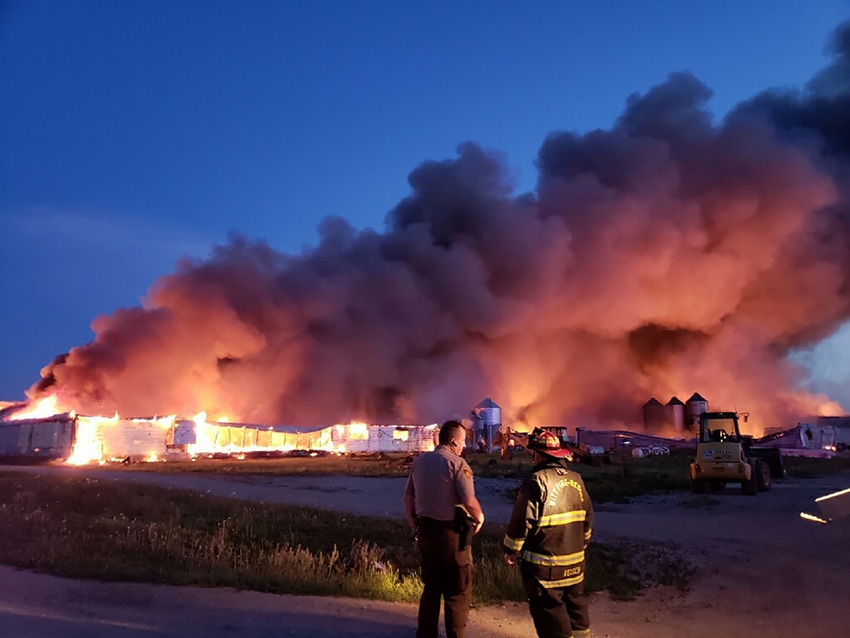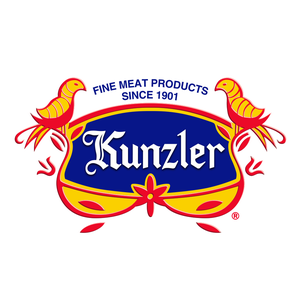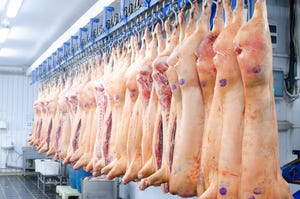Crisis management: You’re the expert, is your team prepared?
During a crisis people tend to panic so it’s critical to have designated on-site leaders that “think on their feet” and have the ability to remain level headed.
April 30, 2019

By Samantha Marais, Swine Safety Designs
Fires, tornados, hurricanes, flooding, disease outbreaks, accidents, shootings, explosions — these are just a few examples of crisis situations. Employee training for these events could literally be the difference between life and death. All companies are susceptible to a crisis, but unlike most other industries, swine producers are under a large amount of scrutiny from the public because the welfare of our animals is involved.
While discussing crisis management with one of my mentors she made a profound statement regarding swine producers that has stuck with me. “On the scene of a crisis you’ll be surrounded by first responders and media personnel, but you (i.e. swine technician) are the expert.” Therefore, as the saying goes, it’s best to prepare for the worst, but hope for the best.
There are four elements that define a crisis: an imminent threat to an organization, an abrupt unpredicted development, a short decision-making period and a process of transformation where the old system can no longer be maintained. It’s important to have a set of standard operating procedures in place so that your teams know the expectations in the event of a crisis. Update and train on these SOPs often. It’s recommended to include basic personal safety courses as a requirement during employee on-boarding that prepare a new swine technician for crisis situations.
The U.S. Department of Labor and OSHA require, at a minimum, your SOP must include the following.
A preferred method for reporting fires and other emergencies.
An evacuation policy and procedure, including the exact locations of assembly.
Emergency escape procedures and route assignments, such as floor plans, workplace maps and safe or refuge areas.
Names, titles, departments and telephone numbers of individuals both within and outside your company to contact for additional information or explanation of duties and responsibilities under the emergency plan.
Procedures for employees who remain to perform or shut down critical plant operations, operate fire extinguishers or perform other essential services that cannot be shut down for every emergency alarm before evacuating.
Rescue and medical duties for any workers designated to perform them.
The SOP should also include what should be done if media approaches and details who is the spokesperson for the company. Remind all handlers that he or she is a visible representative of the company and pork industry, so they should always conduct themselves in a professional manner.
During a crisis people tend to panic so it’s critical to have designated on-site leaders who “think on their feet” and have the ability to remain level headed, who are responsible for the following.
Assessing the situation to determine what the next immediate steps are.
Supervising all efforts in the area, including evacuating personnel.
Coordinating outside emergency services, such as medical aid and local fire departments, and ensuring that they are available and notified when necessary.
Directing the shutdown of operations and utilities such as electrical, gas and water when required.
When building and/or implementing a crisis management plan it has got to be consistent, precise and easy for teams to follow. Always evoke “people first.” Although it can be demoralizing for team members to have to leave pigs behind, human safety is the top priority. Once all humans have been accounted for you can shift focus to your herd. Upon being hired, caretakers should be trained on how to handle any loose or injured animals, as soon as it is safely possible to attend to them. This assists you in ensuring proper humane treatment during a crisis event.
How you initially approach the crisis will set the tone for your teams; carefully construct in-house statements intended to boost the morale of the staff and how you plan to handle mass death loss. It’s a good idea to acknowledge that you’re somber about the herd — it will bridge an emotional connection for those who may be grieving.
During a crisis the last thing you want is to have employees making assumptions about whether they’re still employed, so put rumors to bed as quickly as possible. Remain transparent, even if you don’t have a definitive answer, keep your employees in the know. If veteran employees leave because of absent communication, assuming a lack of job security, you may find yourself having to hire and train new employees. This may prove to be near impossible, and likely unsuccessful in the long-term.
It’s a fact that social media platforms, such as, Facebook, Twitter, LinkedIn, YouTube and Instagram play a tremendous role in today’s society. It’s recommended to address this upon hiring, whether it’s by a confidentiality agreement, prohibiting recording devices within the farms or attempting to control the types of content one shares with the public eye. The last thing you want to be dealing with during a crisis is negative attention that stemmed from a social media post by an employee.
Ensure your teams understand and agree to follow the policies you have in place about posting on social media. Remember social media can easily be a direct gateway to connections with animal rights groups. Unfortunately, the reality is producers should plan ahead on how to handle potentially scarring allegations from activists. Regardless of how well you handle it, they will likely try to paint a story that is unflattering. After extensive research on the topic, the best advice I can give are the following.
Be diligent during the interview process to avoid hiring an individual with their own agenda to infiltrate your operations.
Ensure all caretakers are trained, understand and follow only humane treatment guidelines.
Remain professional, honest and focus the explanation, then resolution of the circumstances that have gained their attention.
Companies are often remembered for their crisis response years after the fact. It’s so critical to “expect the unexpected” so you don’t get caught without preparation. Providing proper crisis training will assist you in employee safety, crisis prevention, reputation control, staff dedication, production flow, faster crisis resolution and company integrity.
Source: Samantha Marais of Swine Safety Designs, who is solely responsible for the information provided, and wholly owns the information. Informa Business Media and all its subsidiaries are not responsible for any of the content contained in this information asset.
You May Also Like
.png?width=300&auto=webp&quality=80&disable=upscale)


